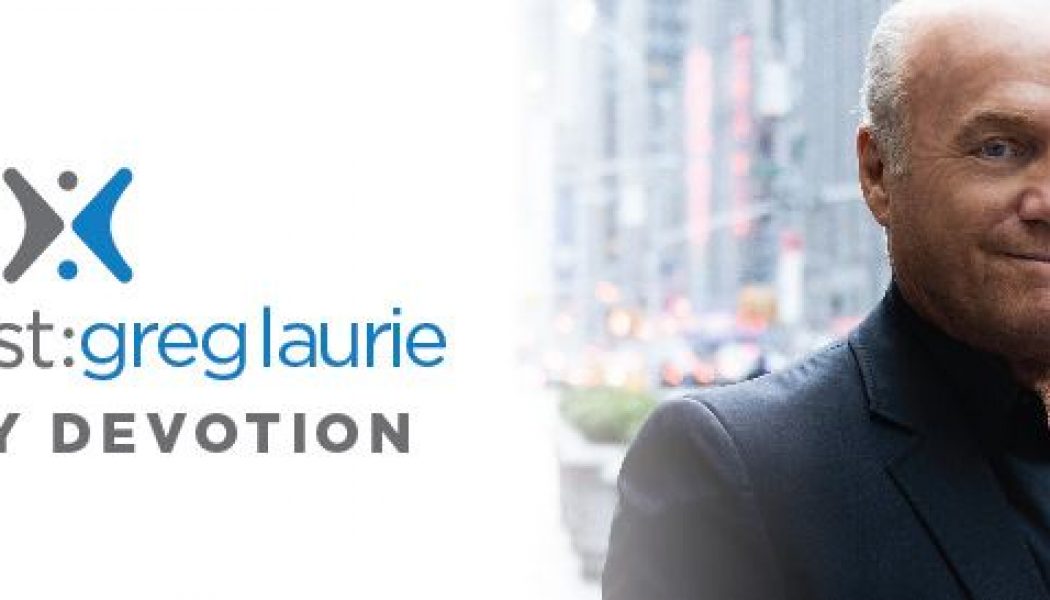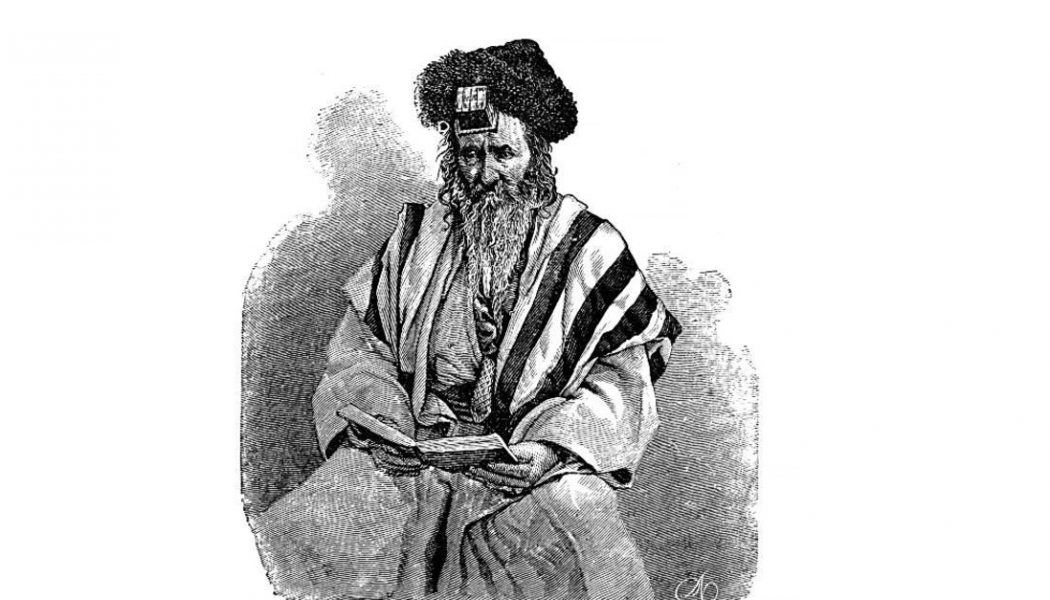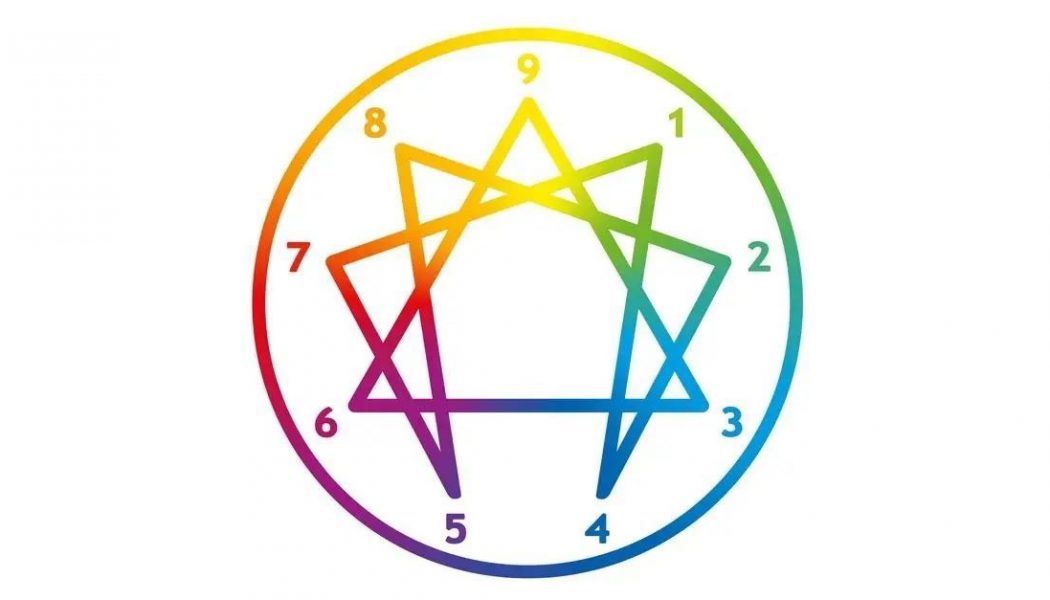fisher of men
What Does It Mean to Give Your Anxiety and Problems to God in Prayer?
I think the Apostle Paul should’ve been worried. In 62 AD (or so), Paul was languishing under “house arrest,” awaiting a trial to determine whether or not he’d be killed for his faith in Christ. The deranged Emperor Nero was to be his judge—a man who’d already executed his own mother and who’d very soon orchestrate the cruelest persecution of Christians in history. (In fact, Nero did indeed order Paul’s death in 67 AD). Imprisoned with heavy chains manacling him to a Roman soldier, Paul wrote to Christians in Philippi where, years prior, that city’s leaders had violently evicted him (see Acts 16:12-38). They’d persecuted Jesus-followers ever since. Into these dire circumstances, Paul gave his friends this absurd advice: “Do not be anxious about anything…” (Philippians 4:6 NIV) How could Pa...
Why Are You Here? – Greg Laurie Daily Devotion – June 29/30
Saturday, June 29, 2019 Why Are You Here? Then we your people, the sheep of your pasture, will thank you forever and ever, praising your greatness from generation to generation. (Psalm 79:13) I was speaking with a Christian man who had recently had a surgery done. He could have died in the process of it, and the experience had made an impact on his life. He told me that he worked in sales, but he was beginning to reevaluate his life. He said, “You know, I’m beginning to wonder if I should be doing this anymore. I’m wondering what I should do with my life.” I think sometimes when people have experiences like this, they may think, “I need to quit what I’m doing and go on the mission field or be in full-time ministry.” Maybe the Lord would lead you to do that. Then again, maybe He would have ...
Who Were the Sadducees in the Bible? What Were Their Beliefs?
In first-century Israel, Sadducees were a religious faction that wielded societal power in nearly every aspect. These men hated Jesus and were the Jewish aristocrats of their day, known as much for their wealth and corruption as for their religious devotion. Sadducees Definition In first-century Israel, Sadducees were a religious faction that wielded societal power in nearly every aspect except military—and for that they had the backing of their Roman benefactors. These were the Jewish aristocrats of their day, known as much for their wealth and corruption as for their religious devotion. Although we can’t know for certain the origins of their name, a common belief is that it was derived from the name of prominent Old Testament High Priest, Zadok (2 Samuel 15:23-29; 1 Kings 2:35). Role of ...
The Problem with the Room (2019)
I can’t remember when I first heard the phrase, “The problem is never in the room.” Here’s the context: You are talking with someone about a problem – a ministry that isn’t growing, a child who isn’t behaving, a wife who isn’t feeling cherished, a pattern where they keep getting fired – … and the problem is never in the room. Meaning, they are never the one to blame. They are never the cause, never the source, never the solution. It’s always something else or someone else. It’s never “them.” When applied to ministry, few things can be more deadly, particularly when coupled (as is often the case) with its kissing cousin—that the solution is never outside the room. Meaning any idea, any suggestion, any new way of thinking, is immediately shot down. Put these two together. If you are complete...
Does the Universe Make You Feel Small?
The PBS documentary series Cosmos is back, retooled for a new era. A few days ago, host Neil deGrasse Tyson (the heir of Carl Sagan) talked with political commentator (and former Southern Baptist minister) Bill Moyers about the question of whether the universe ought to make us feel small.Tyson says no. Moyers’ question is a good one, especially in light of the series’ attempt to show us (rightly, I might add) how much bigger the world around us is than previous generations of humanity could ever have imagined. If our little galaxy is just a pin-point in a vast, swirling universe, then why would I think that what happens on this microscopic rock matters all that much? In the sweep of cosmic space, why would my life have much purpose at all? Tyson says the universe doesn’t make him...
What Difference Does He Make? – Girlfriends in God – June 28, 2018
June 28, 2018What Difference Does He Make?Sharon Jaynes Today’s Truth And I will ask the Father, and he will give you another advocate to help you and be with you forever—the Spirit of truth (John 14:16-17 NIV). Friend to Friend If you were going off to war, and knew you’d be put on the front lines and probably wouldn’t be coming back home to your family, what would you tell them? Think of the final instructions you’d give your children, the affirmation of your love you’d whisper to your spouse, and the words of endearment you’d share with your friends. Jesus was in that very situation as He shared His last meal with the disciples in the upper room. All along, He had given them clues about how His earthly life would end and the purpose for His brief life here on earth. But they didn’t...
What Is the Enneagram? Why Do Christians Like It So Much?
The Enneagram, as well as being a nine-point geometric figure, is a now well-known, nine-point personality test developed by George Gurdjieff, Oscar Ichazo, Claudio Naranjo and others. According to Cron and Stabile’s The Road Back to You, Naranjo, a psychiatrist from Chile, “brought the Enneagram back to the United States” and introduced it to a group of students, one of whom, Father Robert Ochs, later taught it to seminary students at Loyola University. Thus, the Enneagram entered American Christian circles, rippling outward from there. In addition to being a personality test, the Enneagram promotes self-knowledge and self-awareness. In the words of the Reformer, John Calvin, “Without knowledge of self, there is no knowledge of God.” Without honest, reflective introspecti...
Strengthened with Might – Streams in the Desert – June 27
The Lord hath sent strength for thee (Ps.68.28, PBV). The Lord imparts unto us that primary strength of character which makes everything in life work with intensity and decision. We are “strengthened with might by his Spirit in the inner man.” And the strength is continuous; reserves of power come to us which we cannot exhaust. “As thy days, so shall thy strength be”—strength of will, strength of affection, strength of judgment, strength of ideals and achievement. “The Lord is my strength” to go on. He gives us power to tread the dead level, to walk the long lane that seems never to have a turning, to go through those long reaches of life which afford no pleasant surprise, and which depress the spirits in the sameness of a terrible drudgery. “...
10 Roles of the Holy Spirit in a Christian’s Life
Through the power of the Holy Spirit, believers are saved, filled, sealed, and sanctified. The Holy Spirit reveals God’s thoughts, teaches, and guides believers into all truth, including knowledge of what is to come. The Holy Spirit also helps Christians in their weakness and intercedes for them. The following are 10 ways the Holy Spirit works in the lives of believers. 1. The Holy Spirit is a helper who teaches and reminds. In John 14:26 Jesus told his disciples, “the Holy Spirit, whom the Father will send in my name, he will teach you all things and bring to your remembrance all that I have said to you” (John 14:26, ESV). The Greek word “Parakletos” in this passage is translated “Helper” in the ESV, “Advocate” in the NIV, and “Counselor” in the KJV. The meaning of this word relates “lega...
Anchors Go Across the Nation!
Dr. Ray Pritchard Author, Speaker, President of Keep Believing Ministries At the KBM retreat last weekend, Doreen Mahlstedt who heads up our Anchor book ministry shared these slides with us. To put things in perspective, since 2000 we have given away over 800,000 copies of An Anchor for the Soul. The map only covers the last three years. You’ll see that we have sent books to every state (except Rhode Island). The pie chart shows the breakdown by ministry category. Your generosity makes this ministry possible. Only eternity will reveal the men and women touched by the message of this “gospel book.” Thank you for your prayers and your support. For more information about this ministry, you can contact Doreen at [email protected]. Click here sign up f...
Knowing When to Care (2019)
One of the more important personal disciplines as a leader is to have the ability to know what you don’t care about. Or more to the point, what you shouldn’t care about. For example, I don’t care about: … transfer growth from other churches; (we’re after the unchurched) … whether another church in town is bigger or faster-growing; (we’re not in competition with other churches) … people who leave the church because they disagree with our belief in the Bible as the Word of God, our policy of conducting criminal background checks on all children’s ministry volunteers, our belief that lost people matter to God, etc.; (some things are simply non-negotiable) … refusing money from someone who wants to use it to impose their will; (no amount of money is worth that) … denominational politics; (have...
A Postmodernist Looks at Sin, Grace, and the Future of Christianity
Richard Rorty is not often called upon to diagnose the future of evangelical Christianity. After all, Rorty is a radical neo-pragmatist postmodernist philosopher, a leftist atheist who rejects the idea that there is any such thing as “truth” at all. But the Alliance of Confessing Evangelicals (ACE) interviewed Rorty in their magazine Modern Reformation, and his answers shed light on the way the contemporary academy views orthodox Christianity. After noting that there is no such thing as “absolute truth,” Rorty is quizzed by the evangelicals as to his views on such obvious evils as the Holocaust. But all Rorty can say is that there is “sadism and malice in all of us.” “I don’t think the presence of such sadism and malice requires any deep explanations, any more than does the presence o...























